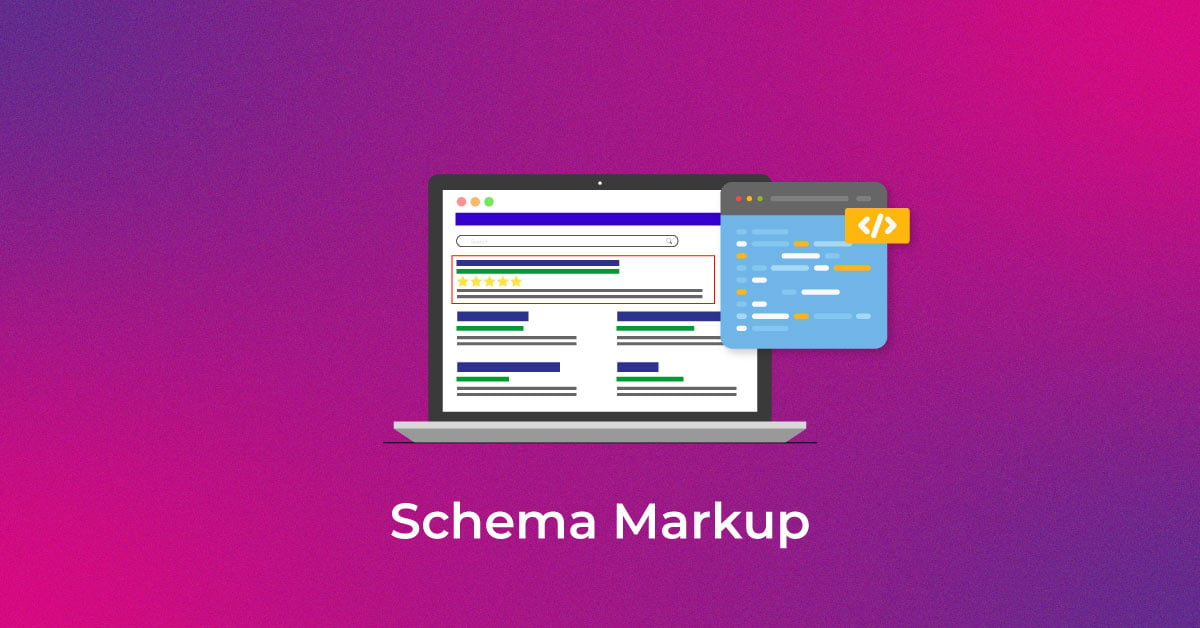What Exactly Is Keyword Analysis?
Users identify keywords for their websites based on search volume. While this was a beneficial SEO practice, it is time to take one step forward. You must assess if the keywords align with your business and if you can realistically rank for them. This process of evaluating and analyzing keywords is known as website keyword analysis.
Website keyword analysis focuses on monthly search volume, SERP competition level, and conversion chances. The analysis lets you identify keywords that align with your business objectives and help you drive traffic to your website.
Why Is Keyword Analysis Necessary?
Keywords play a vital role in your search campaign. Website keyword analysis helps in optimizing budget allocation and market reach. As a result, you can run successful search marketing campaigns.
The process helps you:
- Optimize spend
- Spot trends
- Increase conversions
- Identify new markets
Ways to Analyze Keywords for SEO
While keyword analysis for SEO entails many benefits, most search marketers don’t give it much value. They feel it is repetitive and time-consuming. But if you know the step-by-step process, you can find the ideal keywords for your SEO campaigns.
Step 1: Determine Keyword Difficulty
Start the process by checking the keyword difficulty of each keyword. You must know if you have a chance to rank for the keyword. Doing this, in the beginning, ensures that your efforts bear fruit. You leave out the highly competitive keywords, thereby saving time and money.
Step 2: Estimate Profitability
If the keywords you’re targeting are searched by people who will not convert, you are making a mistake. You must work on keywords that can drive leads and conversions. The keyword’s cost per click (CPC) is an excellent factor. A higher CPC indicates more chances of conversion.
Step 3: Study Search Volume
If many people talk about a particular product, its demand is high. Similarly, if many people are searching for a particular keyword, targeting it can help you more potential traffic. Analyze keywords based on monthly search volume. But also check if the keywords can bring in buyer traffic.
Step 4: Take Note of the Trend
The last step in the website keyword analysis process is assessing the trend pattern. Ranking for keywords takes work. It requires a lot of effort. You need to know how searches for a keyword are trending to save your efforts.
1. Will the keyword generate enough traffic for me?
Determining an SEO strategy based on search volume can be misleading. This is because the monthly search volume and traffic can be inversely proportional.
There are two reasons for this. The search volume is greater than the traffic potential. Have you ever seen that snippet on top of the search results on Google? These instant answers eliminate the need to click and visit a website.
The second reason is that the search volume exceeds the traffic potential. There are other keywords that the page is ranking for.
You can solve these concerns by studying the top-ranking page for traffic potential rather than the search volumes.
2. Can I satisfy searchers’ desires?
If you want to rank on Google, create the content searchers need. Not being able to create it reduces your chances of ranking on the first page. The five top content types include:
- Blog post
- Category page
- Product page
- Video
- Interactive tool
It is easy to identify what type of content searchers need for some keywords. For instance, users want an interactive tool when they search for “EMI calculator.” You can look at the first page of the results to get an idea if there is any confusion.
3. Is the keyword relevant to my business?
Another crucial aspect of website keyword analysis is assessing the value the keyword can add to your business. You can answer this by mapping keywords to the buyer’s journey. This journey contains three phases – awareness, consideration, and decision.
If buyers are in the early stages of their journey, they may not buy your product or service. A keyword like what is keyword analysis helps in the awareness stage. On the other hand, a keyword like start keyword research now benefits in the decision stage.
It is best to evaluate a keyword’s value, keeping search intent in mind.
4. Can I reasonably expect to rank for this keyword?
The possibility of ranking varies from one keyword to another. Before you outline a keyword ranking strategy, you must check the following:
- The number of backlinks you need – Google considers backlinks one of the main ranking factors. You will need lots of backlinks if competing with sites with many backlinks.
- The domain rating or website authority – A higher authority can help you rank higher. Compare it with your competitors.
- The quality of content – Apart from getting the type of content right, you must create content that provides value to the users.
Conclusion
The results you see in your keyword research report aren’t always going to help you drive traffic to your website. Thus, you need to ensure that they make sense to your business. Four factors are essential for analyzing keywords – keyword difficulty, profitability, search volume, and trend patterns.
Website keyword analysis equips you with the information you need to give searchers an exceptional experience. It allows you to give users the best quality version and build your chance of competing. Moreover, analysis lets you identify the keywords that will help search engines link your content with your target audience.
Popular Searches
How useful was this post?
0 / 5. 0














